INTRODUCTION
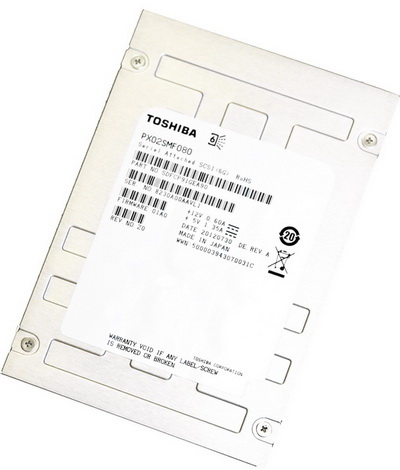
Just like with most computer hardware components compared to just 2 years ago continuous price drops have finally rendered SATA SSDs (Solid State Drives) almost as mainstream as HDDs allowing more and more system manufacturers to integrate them into their systems regardless of target audience. Certainly SSDs are still at a huge disadvantage in terms of price/capacity compared to regular mechanical HDDs but on one hand most consumers don't really have very large capacity needs while on the other you can always use the SSD just for OS (Operating System) needs and have everything else on a second or even on a third drive. However things are not the same for professionals and especially enterprise clients since both performance and storage capacity are crucial with cost following far behind. Thus far we've only focused in testing SAS HDD models manufactured by the leading companies in the field but since SSD prices have dropped quite a bit (both consumer and enterprise models) we decided to also start on SAS SSD reviews and what better way to do that than with the latest release by Toshiba, the PX02SMF020 200GB SAS 6Gb/s SSD.
Toshiba Europe Storage Products Division (SPD) has remained at the forefront of the storage industry for over 40 years and is the world's only storage supplier that owns design, development, manufacturing, sales and other infrastructure functions spanning the enterprise, mobile and retail environments for both HDD and SSD products. Customers are original equipment manufacturers (OEMs), system integrators and distributors within the EMEA region. As a leading provider of integrated storage solutions and as the principal inventor of NAND flash storage, Toshiba sets many of today’s industry standards for storage technology. Throughout its history, Toshiba SPD has revolutionized the design and development of storage devices and its drives can be found inside the world's leading GPS navigation systems, consumer electronics, computers and enterprise solutions. In addition, Toshiba Storage Products Division offers an extensive range of advanced technology drives such as high durability 24/7, extended temperature and SSDs for the consumer, industrial, enterprise and automotive sector.
Although Toshiba hasn't released any NAND Flash controllers of their own (until now that is) still they are considered the father of flash storage so it shouldn't really come as a surprise to hear that most SSDs in the market use Toshiba NAND Flash Modules. The PX02SMF020 specifically uses 24nm eMLC NAND Flash Modules by Toshiba paired with the TC58NC9036GTC SAS 12Gb/s compatible controller manufactured by Marvell (using proprietary firmware by Toshiba). Worth mentioning is that the PX02SM020 (and it's brothers) is the first dual port 12Gb/s SSD model to roll out from the production line and although this technology is still quite new it doesn't change the fact that Toshiba was the first to do so. However although we've had an 12Gb/s compatible SATA/SAS card by LSI here for quite a while now which we will use to test the PX02SMF020 model (actually we will use the drive to test the card but the result will be the same) this will have to wait for a while until we can gather more 12Gb/s compatible drives for a more thorough "presentation". For now let’s move forward with our review of the latest PX02SMF020 200GB SAS 6Gb/s SSD model by Toshiba.
SPECIFICATIONS AND FEATURES
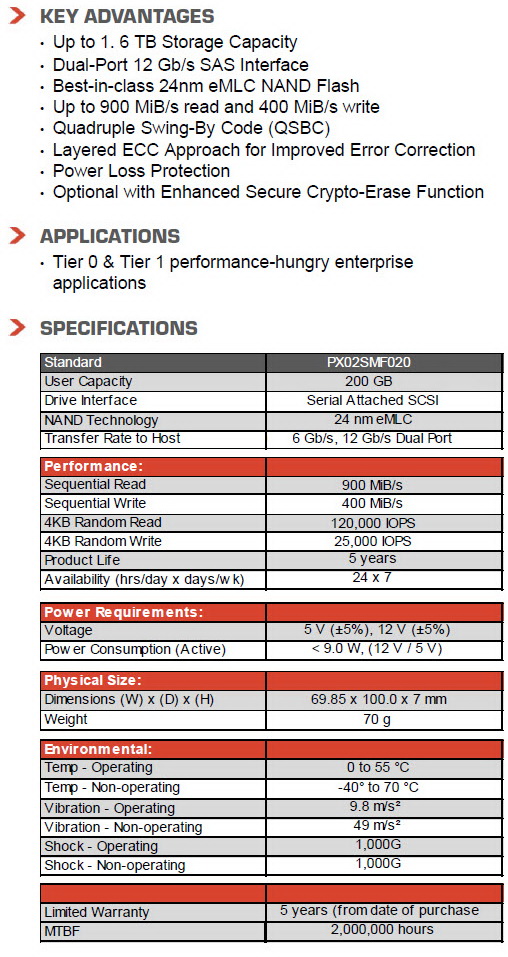
THE PX02SMF020
Once again our sample arrived inside a static-free plastic bag without any kind of bundle.
Enterprise class products are all about what's inside so in terms of appearance the 7mm thick PX02SMF020 is nothing special.
The usual information such as the serial number, barcode, connectivity, electrical requirements, capacity, roll out date, firmware (Toshiba has upgraded the model to the latest version) and country of manufacture are placed on the large sticker found at the top of the drive.
At the other side of the drive we see 7 holes on the housing probably used for lower interior temperatures.
At the rear we see the usual SATA data and power connectors along with 4 small pins probably used for firmware updating.
Opening the drive is very easy (just 4 screws holding the housing together) so once you remove the top you will see several thermal pads which are used to transfer heat from both the NAND and DRAM chips to the aluminum housing.
The drive features a total of 16 EMLC NAND Flash Modules by Toshiba (24nm) each 16GB in size (256GB in total) however only 200GB are available the other 56GB are used by the controller.
Right next to the Marvell TC58NC9036GTC controller we see the 256MB DRAM chip by Hynix.
TEST BED
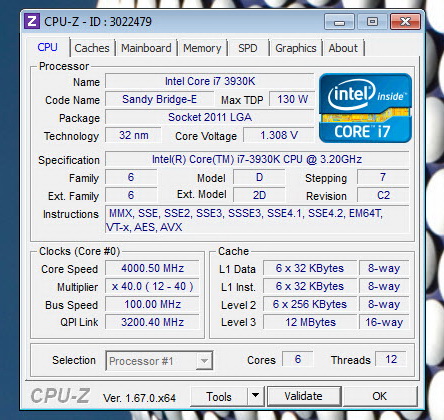

TESTING METHODOLOGY
Thoroughly testing hard disk drives may require time and lots of patience but that's just about it. Of course that doesn't mean that one must take it lightly, at least not when people actually base their decision on your results. True many choose to only use 2 or 3 benchmarking suits in order to measure the performance of a drive or drives since quite honestly most benchmarking suites do tend to agree with each other (so it's not really the wrong thing to do) but we always like to take things a step further not because we have to but because we want to be almost 100% certain of the results we get and post in our charts.
SAS drive testing is more complicated than testing regular SATA drives and so although we use the same 6 benchmark suites as with SATA tests in an effort to bring you the most accurate results across the board things are a bit different since we are required to configure/tweak some of those programs to address compatibility issues with the SAS card used. This may not be exactly "fair" for the SAS drive/s in hand since we test them with much heavier read/write loads in some of the suites used but that's the only way to get realistic results without taking into account certain extreme card-specific performance optimizations. So once again the benchmarking applications we use are the AIDA64 suite (former Everest Pro), HD Tune Professional (Partial Test/Full Accuracy), HD Tach RW (Full Bench), ATTO (2GB Length), Sisoftware Sandra Pro, Crystal Disk Mark 64bit (2000MB mode) and IOmeter (4k Random Writes). These benchmark tools are the best at what they do and as you will also see later on their results more or less agree. Each test is performed a total of 6 times and then the average is recorded into the charts. All tests were performed in a fresh Windows 7 Ultimate x64 installation with every update installed up to January 20th 2014.
TEST RESULTS - AIDA64 / ATTO
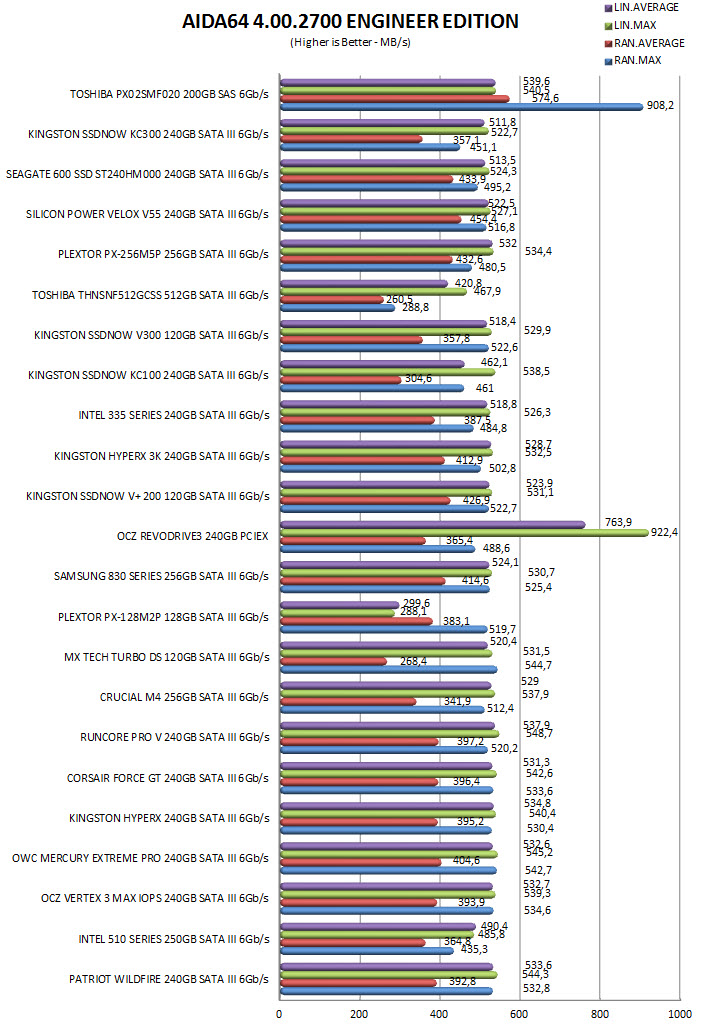

TEST RESULTS - HD TUNE PRO / HD TACH RW
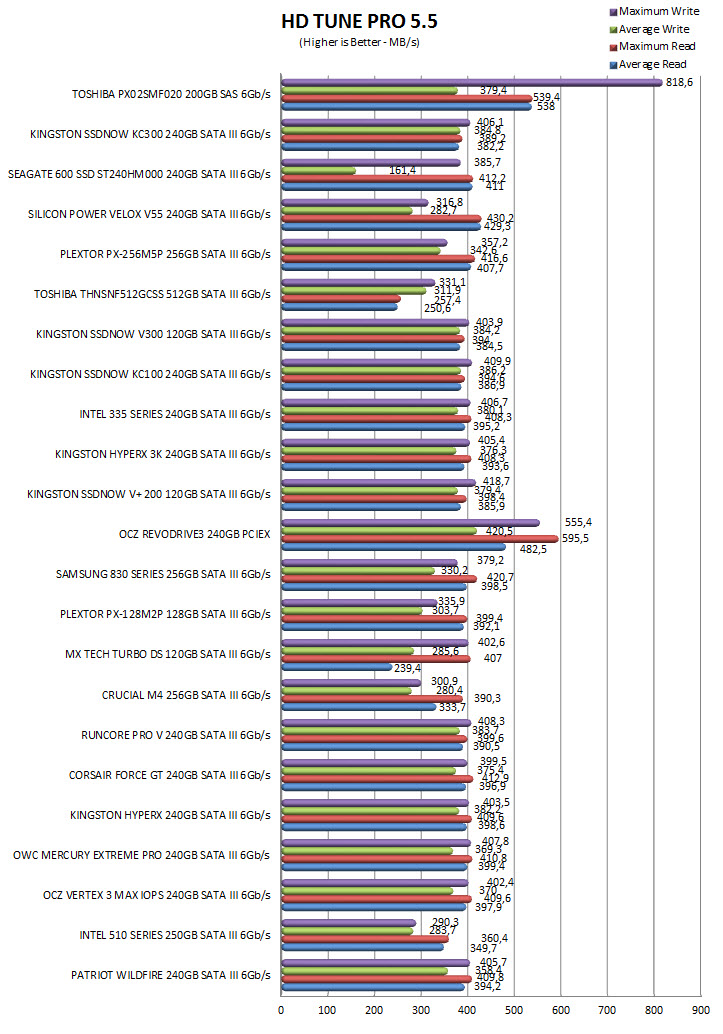
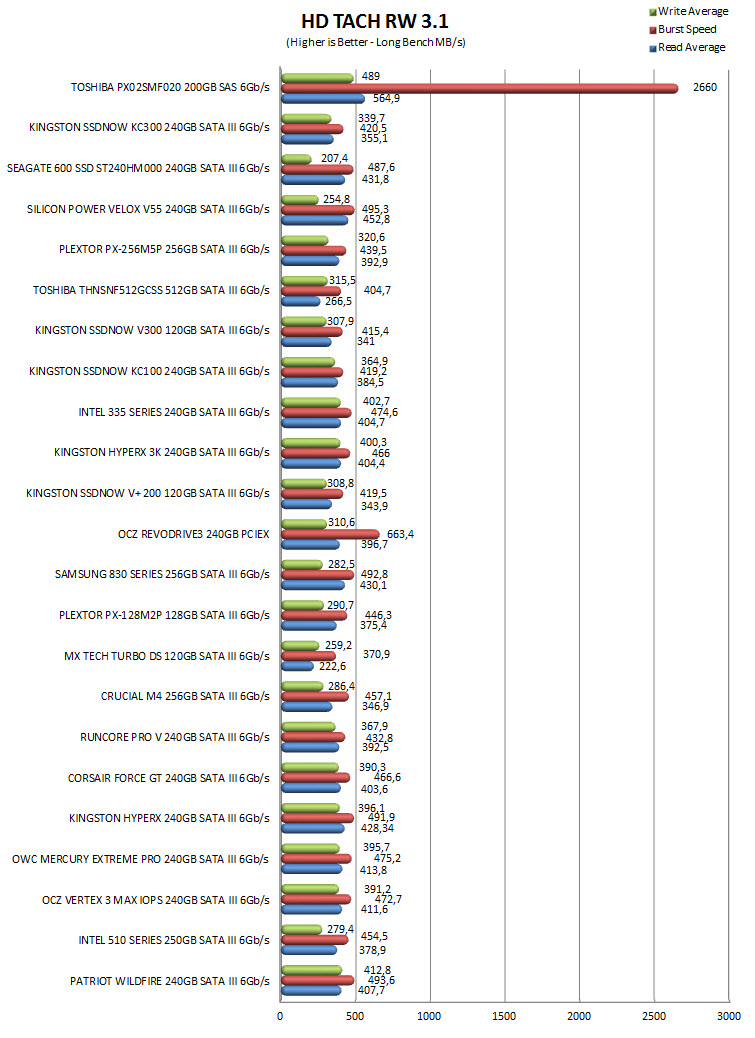
TEST RESULTS - SISOFTWARE SANDRA PRO / CRYSTAL DISK MARK
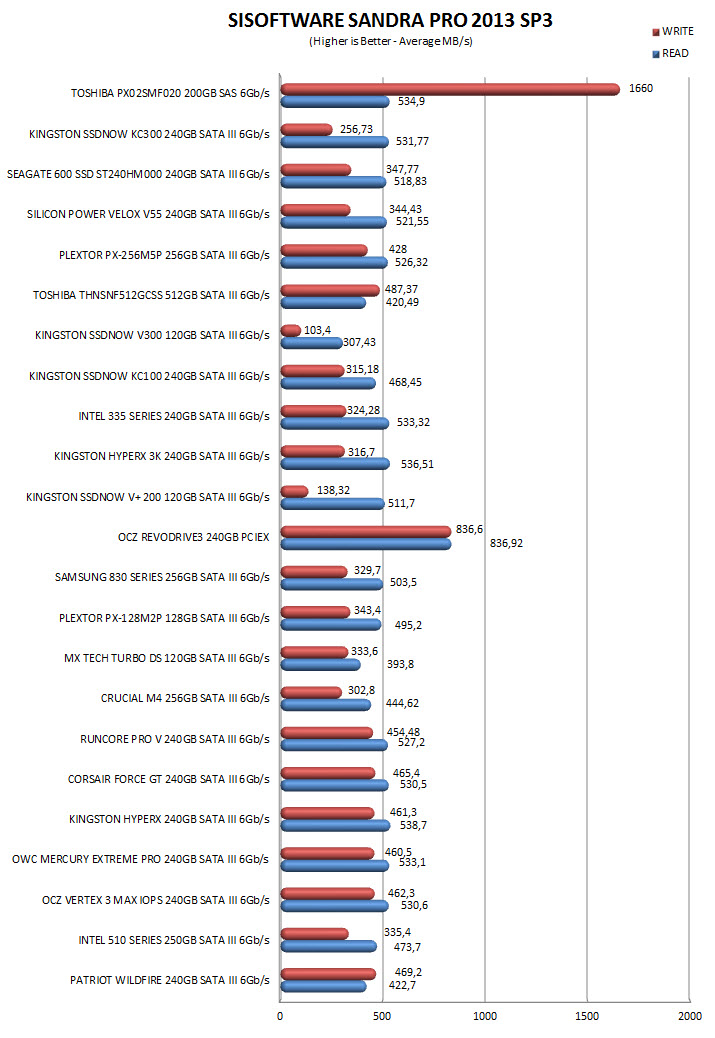

TEST RESULTS - AS SSD / IOMETER
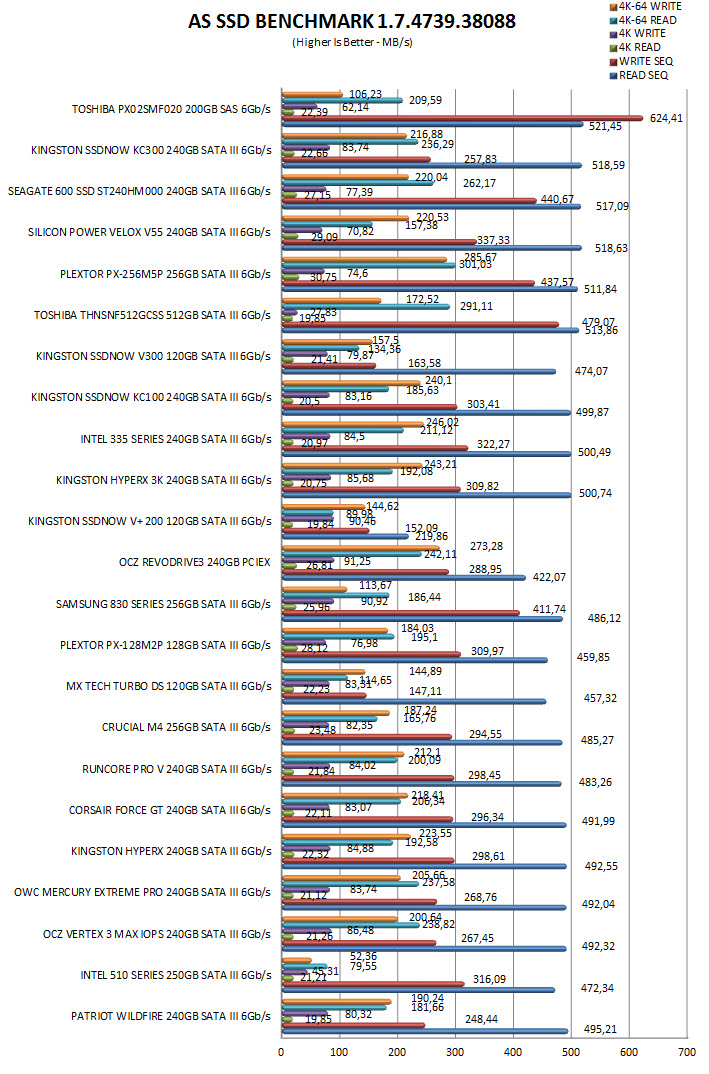
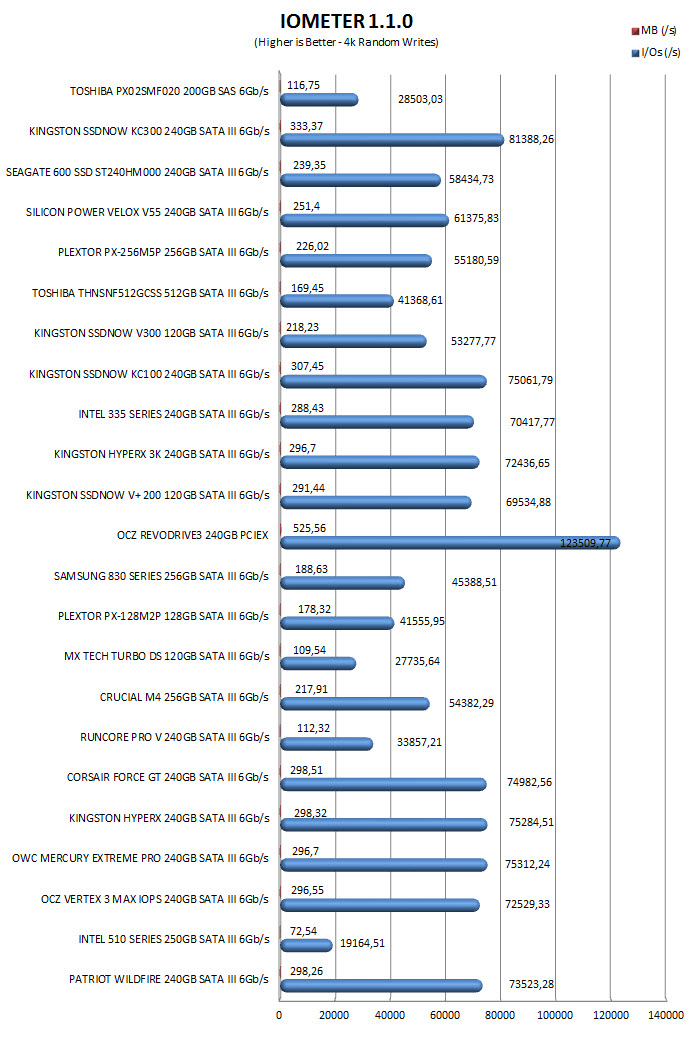
CONCLUSION
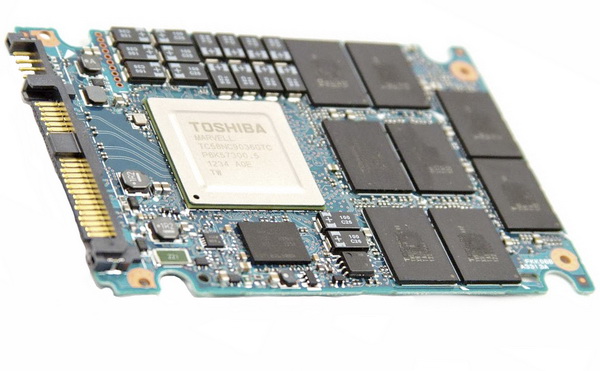
Marvell controllers are not really the fastest thing around in the SSD industry so when we opened the housing of the PX02SMF020 and saw it used one we didn't really know what to expect from it in terms of performance. True we are talking about an enterprise class SAS SSD but if the controller is not up to the task that matters very little. Fortunately Toshiba uses their very own proprietary firmware so there's no doubt in my mind that it also helped a lot with the results we got. As for the results well it's not hard to see that even with our "heavier" than usual tests the PX02SMF020 blows up every SATA II/III SSD model we've ever reviewed although i can't say we expected anything else by an enterprise class model that costs many times over the price of a regular SSD. My only "slight" issue is with the drives write I/Os since we haven't seen such results for quite a long time now. Luckily the very high I/Os read performance (according to Toshiba) more than just makes up for that but still i think that such a drive should blow everything beneath it out of the water in every test possible.
We've tested several products oriented for enterprise use in the past from HDDs, NAS Servers and even USB Flash Drives so whenever we get one such device we always expect a hefty price tag attached and the PX02SMF020 with its price tag set at around USD900 inside the USA and 900Euros inside the EU is certainly not an exception to that rule. Of course such products are aimed towards people and enterprises who have little to no concern about money so we don't expect regular consumers to be interested in it although it is overall the fastest 2.5" SSD we've tested to date. Still the fact that it's the fastest one yet in our charts is not a small deal and although the price tag takes some points away still an enterprise grade product is not ment for regular consumers which is why in the end the PX02SMF020 200GB SAS SSD by Toshiba gets our Platinum Award.

PROS
- Build Quality (Enterprise Grade/2.000.000 Hours MTBF)
- Superior Performance (Fastest 2.5" SSD In Our Charts To Date)
- SAS Connectivity/Dual-Port 12Gb/s Compatible
- Models Up To 1.6TB In Capacity
- Power Loss Protection/Improved ECC/Optional Crypto-Erase Function
- 5 Years Warranty
CONS
- Price (For Some)

 O-Sense
O-Sense





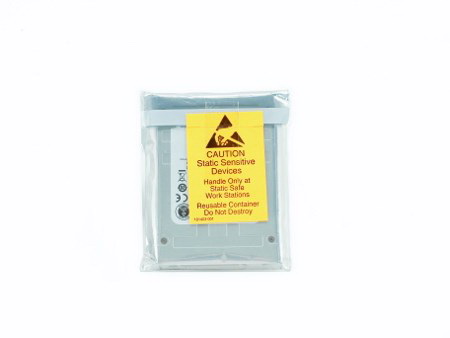
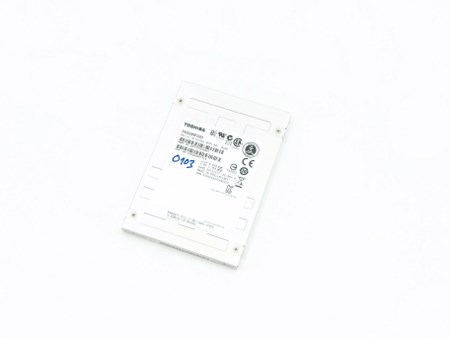
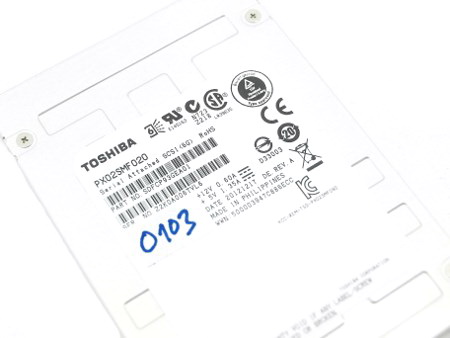
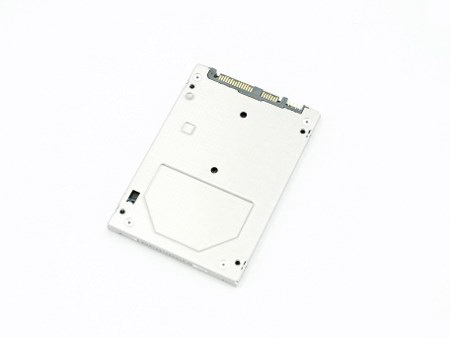
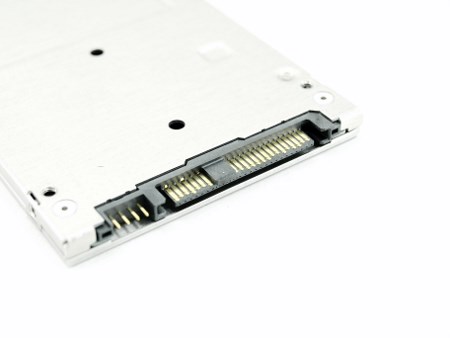
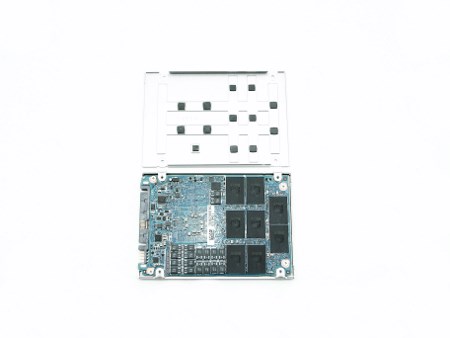
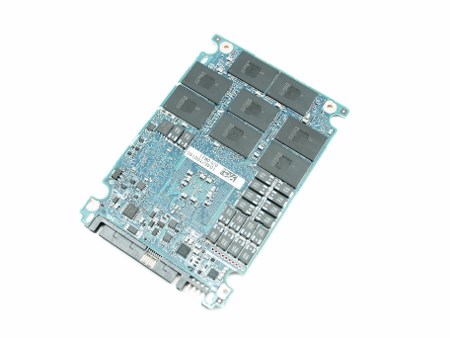
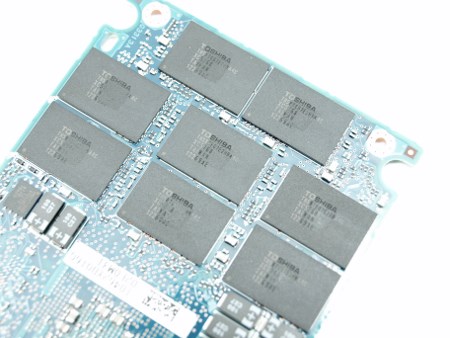
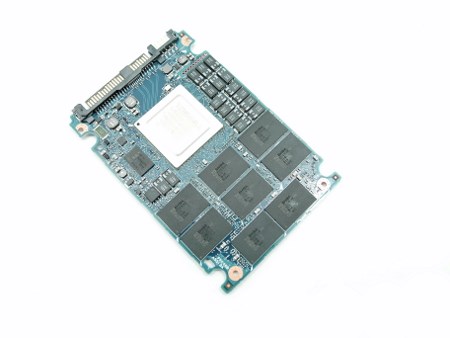
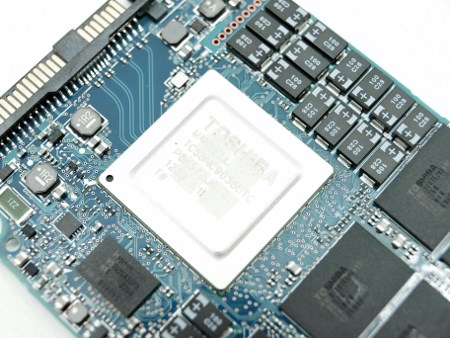


.png)

